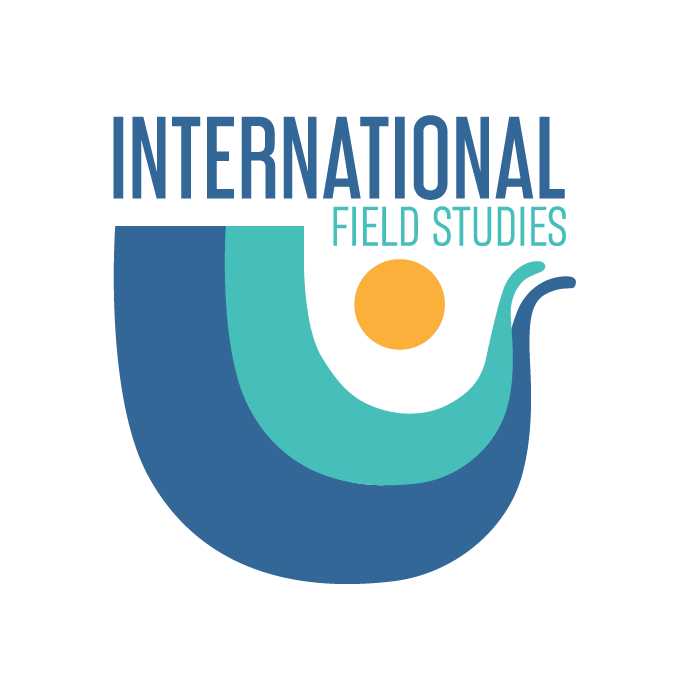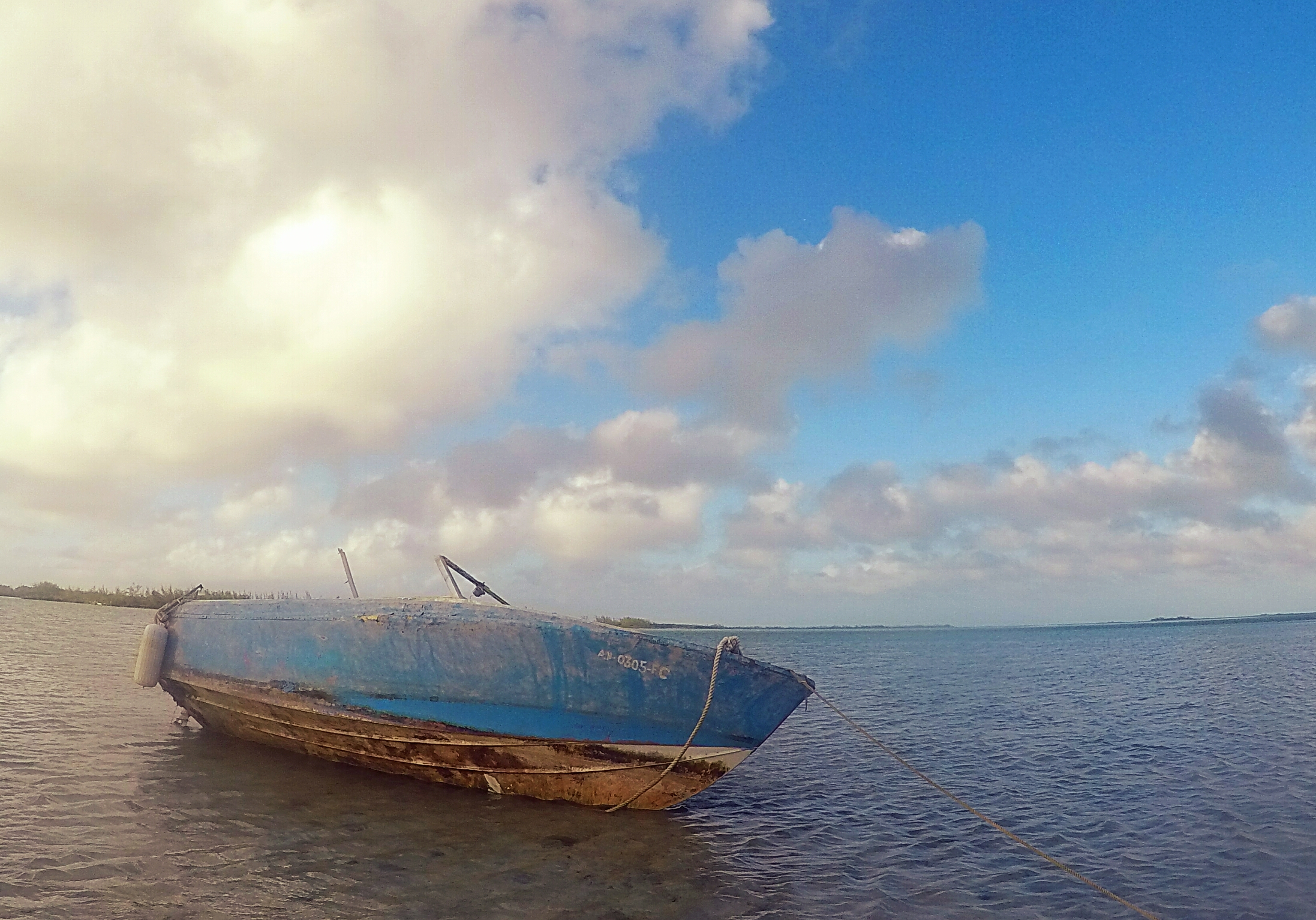Tips for Booking Group Flights
/Purchasing group flights can be a difficult and often unfamiliar process. This post will guide you through our suggested steps for arranging a group flight at a good price and with minimal frustration.
Please keep in mind that flights should arrive in Nassau no later than 12:45 pm and should depart from Nassau after 12:00 pm. Arriving and departing at these times will provide you with enough time to go through immigration and customs, check/pick up your bags, and catch your flight between Nassau and Andros.
Getting Started
We suggest that group leaders start their search for flights with Google Flights. This search engine shows information from several different airlines. You won’t be able to use this tool for booking group flights but it can give you a good idea of a "baseline" price for 1 passenger and the different routes you can take to your destination. This step will be useful for creating a budget for potential students and for finding airlines that service the route you’re interested in.
Utilizing your Resources
Many schools and universities have an agreement with an outside travel agency and some may even employ in-house travel planners. If these services are provided for your organization we recommend this as your #1 option.
Working Directly with an Airline
If your organization doesn’t provide travel planning services we suggest that you work directly with an airline provider. Once you find a potential flight through Google Flights you can contact the airline directly for group rates (usually starting at 10 or more tickets). Most airlines have created specific departments for this and you can find airline specific information below.
Tips for Booking Group Flights
Plane ticket prices can vary a lot, and travelers should keep an eye on prices as the date of travel gets closer. Here are some quick tips about booking windows and how seasonality affects ticket prices. We found this information from CheapAir.
Travelers should not put off buying tickets until the last minute. Here are the best booking windows for good deals:
The best times to buy tickets are 115 to 21 days in advance of the day of travel.
If you want more peace of mind, you can purchase tickets 202 to 116 days in advance. However, prices might be higher.
Buying a ticket 20 to 14 days in advance can be risky, but you may still find a good deal. However, your seat choices might be limited.
Ticket prices are higher 13-7 days in advance, and especially 6-0 days in advance. You should avoid waiting until the last minute to buy tickets. If you see a good deal before this time period, take it.
Tuesdays are the cheapest days to fly, and Sundays are the most expensive. Midweek flights are best if you want to save money.
The season of travel can also affect ticket prices. Take these factors into account when you’re shopping around for a good deal.
Winter: Best to buy 94 days in advance. Try to avoid flying over Christmas. Winter is the most expensive time of the year to fly.
Spring: 84 days in advance. Also avoid flying over spring break, when prices will be higher.
Summer: 99 days in advance. Late August and September are good times to fly, since most Americans travel from June to early August.
Fall: 69 days in advance. You can often find good ticket deals in the fall, because people don’t travel as much. However, you should avoid traveling near Thanksgiving.
Contact a Travel Agent
Travel agencies are able to offer group rates, bookings, and assistance (should flights get canceled, delayed or missed), but they usually charge an additional per person fee.
Many universities have specific travel agents on staff so it’s best to contact your business office to see what resources you may have available.
We currently do not have any travel agent recommendations. Travel agents can be found locally or through a quick Google search.
If you’re still having trouble finding a flight with the provided information, please contact our office. We are happy to look into flight options for your group and provide additional assistance.











